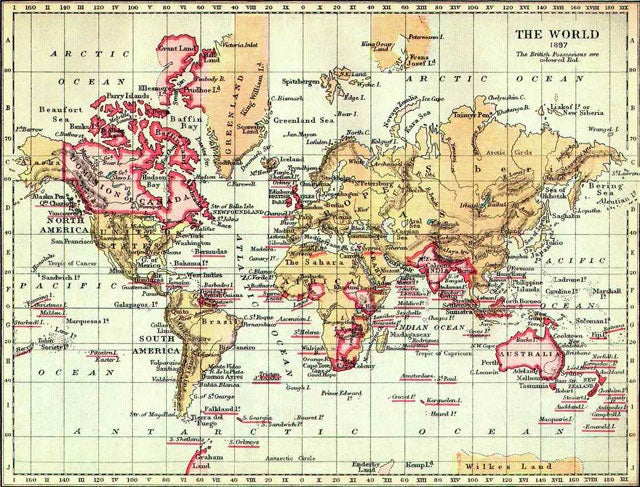A question for Corbyn: what is Britain's place in Europe and the world?
The question few in the Labour Party are asking and still fewer are answering


Your support helps us to tell the story
From reproductive rights to climate change to Big Tech, The Independent is on the ground when the story is developing. Whether it's investigating the financials of Elon Musk's pro-Trump PAC or producing our latest documentary, 'The A Word', which shines a light on the American women fighting for reproductive rights, we know how important it is to parse out the facts from the messaging.
At such a critical moment in US history, we need reporters on the ground. Your donation allows us to keep sending journalists to speak to both sides of the story.
The Independent is trusted by Americans across the entire political spectrum. And unlike many other quality news outlets, we choose not to lock Americans out of our reporting and analysis with paywalls. We believe quality journalism should be available to everyone, paid for by those who can afford it.
Your support makes all the difference.While the decision on whether to stay in the European Union is important, there is a more significant question that is barely being asked: what is Britain's place in the world?
For at least 10 years the main parties have avoided serious discussion about the kind of country we want to be and the role we should be playing internationally. Some blame the Iraq war for this, but to me that's an excuse not a reason. That we got rid of a brutal dictator but found the aftermath harder than anticipated does not mean we should abandon any attempt at foreign policy.
In this void of political leadership no one is more culpable than the current Labour leader. Where is the progressive left-wing voice setting out the case for a Britain engaged in the world, not running away from it?
Jeremy Corbyn isn't being straight with the public on the EU, let alone on the kind of Britain he would like to lead. All we get is confusion on whether to renew Trident and, facing an increasingly muscular Russia, whether the UK should even be part of Nato. His decision to skip the launch of Labour’s "in" campaign at the weekend so he could speak at a CND rally tells you all you need to know about a man who, sadly, is both consistently wrong on policy and devoid of strategy.
David Cameron, to his credit, at least talks about foreign policy, but, beyond the EU, has never been clear about what he wants to achieve. So in Libya we "hit and run" and have left a dangerous vacuum that is absent from the front pages only because of the more serious mistake of failing to act in Syria. Cameron recognises the threats we face in the world but isn’t brave enough to put policies forward to tackle them.
The answer to all this, in my view, is that Britain should be engaged in the world and therefore playing our part in international organisations, not retreating from them.
We cannot say, for instance, that we would be better off trading with the EU while not being part of it, when this would mean complying with its rules but having no say over them.
Put even more simply, can anyone suggest a single global issue on which Britain today is better off addressing alone rather than with our allies? I can't.
Europe has long been able to identify issues that need cooperation to solve, such as the refugee crisis, the implications of a resurgent Russia or the threat of Isis, but has been and remains cursed by an inability to work together to meet these challenges. Leaving the EU, however, would only make finding solutions to these problems less likely.
So for all those who, like me, see faults in how the EU works but still see no alternative to it, let’s look to the wider context. How, and with whom, should we tackle the new threats we face in the Middle East? How do we best work with the EU, a question that remains unanswered despite Cameron’s "deal"? How best and how closely should we work with our closest ally the US?
Leadership should mean setting out where Britain fits in the world and leaders should say how they plan to take us there.
Daniel Sleat is a former political adviser to Jack Straw, who was Foreign Secretary, 2001-06.
Join our commenting forum
Join thought-provoking conversations, follow other Independent readers and see their replies
Comments